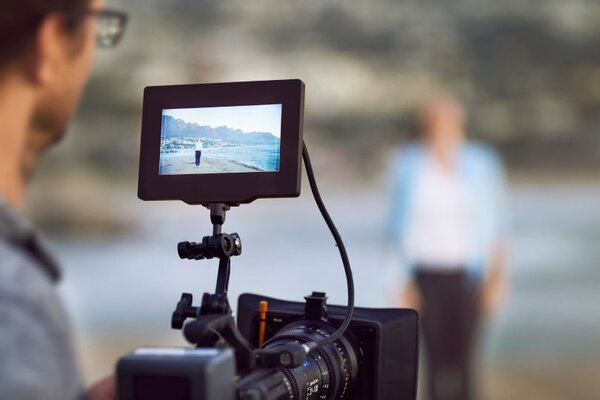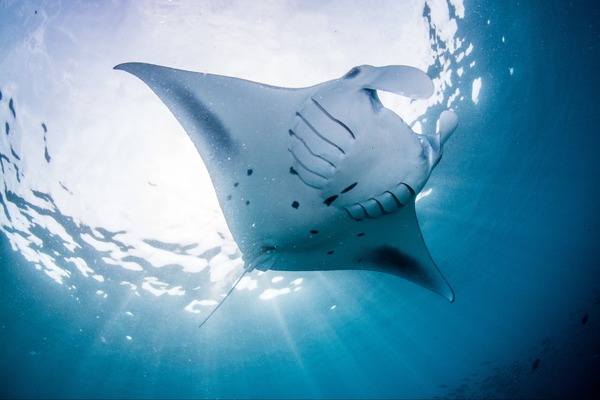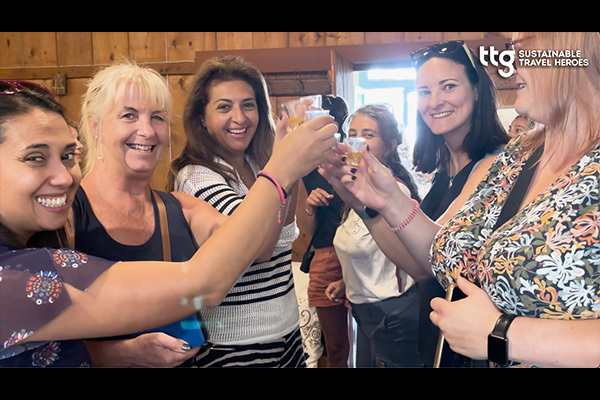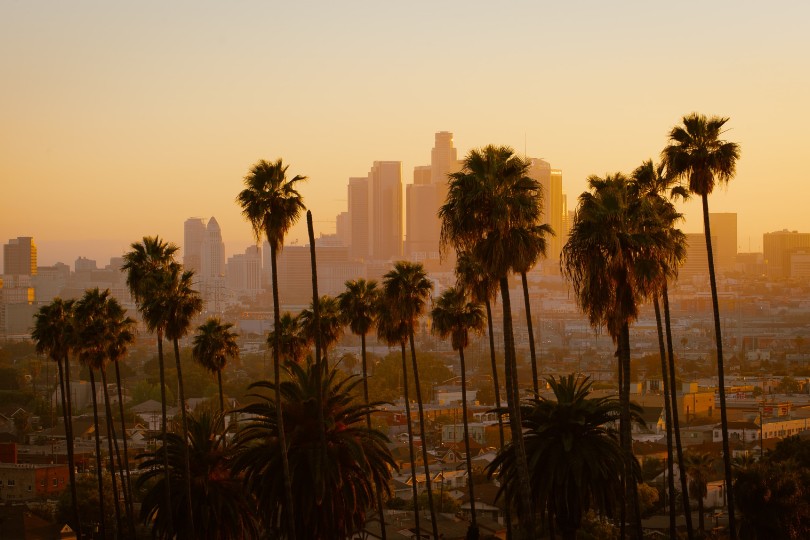The Big Question: Can celebrity endorsements ever be truly responsible?
The industry seems ever more willing to engage with TV stars and influencers to promote product, but is it risking a potential media backlash?
At TTG, we believe the exchange of views and ideas is vital to progress. Our monthly Big Question series continues in April with a deeper dive into travel’s relationship with celebrities.
In recent years, with the rise of social media, celebrity endorsements have become commonplace in all industries. Gone are the days when famous faces would only lend their clout to high-end fashion brands; now, A, B – even Z-listers – sponsor just about everything, from food delivery services to female hygiene products.
Travel has joined the bandwagon. Expedia enlisted Golden Globe winner Ewan McGregor to narrate its ads, while British Airways’ in-flight safety videos have long featured a roster of big names. Most recently, Scenic Luxury Cruises and Tours hosted comedian Susan Calman on an Antarctic expedition cruise.
Writing for TTG earlier this year, Expedition Cruise Network chair Martin Johnson praised Calman’s engagement with the subject matter, and insisted celebrity endorsements – if executed responsibly – can be a force for good, in this case inspiring large audiences to be mindful of the risks to fragile environments like the polar regions.
However, others caution that getting into bed with public figures sees brands risk being one lazy comment or error of judgement away from a media backlash, or an accusation of “celeb-washing”.
What do you think? Join in the debate in the comments section below, or email feedback@ttgmedia.com. Alternatively, head to one of TTG’s social media channels to get involved.
‘Travel needs compelling, sassy people with the gift of storytelling’
Some people are just natural storytellers. Television presenter, author and journalist Simon Reeve is one of them. At the recent Destinations show in London, a sea of people gathered in front of the Travel Stage, eager to hear the rock star of travel share his latest tales.
His ability to discuss travel’s darker issues while extolling the wonders of planet earth has people hanging on his every word. He’s entertaining, funny, informed, inspiring and deadly serious – all at once.
When it comes to being a responsible traveller, he doesn’t claim to have all the answers. But he does bring to life the impacts of climate change, overtourism and waste, as well as the importance of wildlife conservation in ways people understand.
Simon, who is Kuoni’s sustainability and adventure ambassador, has shared stories at our customer events about being underwater with a dozen graceful manta rays, who were safe from fishing boats because locals were now making more money from tourism.
In Kenya, where tourism employs more than a million people, Simon has talked about how income from safaris helps persuade communities to value their wildlife.
We’ve worked in a similar way with BBC Radio 2 and BBC Radio 4 regular Anita Rani, who’s gaining more and more social media influence. Her war on plastic series put the spotlight on waste and resulted in McDonald’s ditching its plastic Happy Meal toys. She’s a cool, compelling voice for sustainability with a stylish, sassy edge.
What travel needs are people with the gift of storytelling, the lure of a rock star and the influence of those with a public platform to keep the spotlight on how we can protect our planet and effect change.
Rachel O'Reilly is Kuoni's director of communications.
‘We must help celebrities understand the value of their messaging’
Celebrities are great influencers, inspiring and educating both us and our clients. Recently, we saw Susan Calman in the Antarctic onboard Scenic Eclipse explaining how such a cruise minimises its environmental impact. It was both inspiring and responsible.
Others such as Simon Reeve, Kate Humble and Joanna Lumley also take care to both inspire viewers and demonstrate how we can all be more responsible travellers by supporting the communities we visit, and respecting local cultures and wildlife.
As travel professionals, we have done this for years, utilising our knowledge of travelling to a destination to enhance our ability to sell.
Celebrities, though, have a much bigger platform, and therein lies some problems. For instance, when Joanna Lumley went to Japan, there was a massive spike in enquiries and bookings. The hit HBO series The White Lotus, meanwhile, saw Sicily’s Taormina swamped. The result is overtourism, even if it is only for a short period.
Endorsements are about selling more by leveraging a celebrity’s platform. Responsible travel isn’t necessarily contradictory to that – we don’t want to sell less, we just want to sell differently – and celebrities can help us with that.
This can take a variety of forms – promoting off-season or shoulder-season travel; changing how clients travel, such as by taking train journeys or walking holidays; exploring how hotels tackle sustainability; contributing to local communities; and placing a spotlight on animal welfare.
Like our clients, it’s helping the celebrities understand this value.
Ashley Quint is a director of Berkhamsted independent TravelTime World.
‘Brands must ask themselves what the value is of engaging celebs’
Brands considering a celebrity tie-up to tell their story should proceed with caution, particularly if the narrative they want to promote is linked to sensitive environmental, social and governance (ESG) issues.
For every Scenic/Susan Calman collaboration, which seemed a genuine attempt to confront some uncomfortable truths about cruising in the Antarctic and to educate a mainstream TV audience on the issues, there’s a Kourtney Kardashian being announced as Boohoo’s new “sustainability ambassador” while seemingly flying around the world by private jet all the time.
Celebrity endorsements have the potential to be forces for good. Leonardo DiCaprio’s affiliation with various conservation groups helped raise global awareness of climate change.
But with fame comes responsibility. Leo was, after all, also the star of a film which led to a secluded and pristine Thai beach being closed to tourists for several years so it could recover from a popularity he unintentionally helped create.
Brands should ask themselves what value using a celebrity in their marketing brings, what they hope to achieve, and the potential unintended consequences of getting it wrong. Using a celeb’s “credibility polish” to add some lustre to your own brand can end up harming the thing both parties profess to want to protect.
And in a culture where the threat of cancellation looms, where “there’s always a tweet” that can undo a thoughtfully crafted collaboration, do the due diligence to ensure your celebrity vehicle doesn’t run you off the road.
Phil Bloomfield is the founder of Bloom Communications.
‘Don't forego your responsible travel credentials for celebrity tie-in’
I strongly believe travel can balance celebrity endorsements responsibly by working with media supply chains who respect and align their own business objectives with responsible travel, as well as by promoting responsible travel in the content they produce.
We have seen a great example of this with Channel 5 airing Cruising with Susan Calman in the Antarctic with Scenic Luxury Cruises and Tours.
Susan addressed the issue as to whether she should be travelling to this sensitive region head on and the programme made sure that the rules of travelling in the Antarctic were actively aired in a sensitive, engaging, and sometimes humorous way.
Other ECN members have also aligned their brands with personalities who shine a light on responsible travel such as Aranui Cruises who featured on ITV’s Islands of the Pacific with the British actor Martin Clunes. As part of the programme he interacted with the local Polynesian crew and local horseman and so highlighted best practice of ensuring local communities benefit from the tourism economy.
But it is also important that travel companies continue to strive to improve their responsible travel credentials. We know that the goals are not easily obtainable, but we also know that responsible travel can have a positive benefit to indigenous communities and can help conserve biodiversity.
We need to ensure that all our activities do this – and, of course, that extends to working with celebrities too.
Martin Johnson is chair of Lata and co-founder of the Expedition Cruise Network.
The Big Question by TTG
The Big Question is a monthly feature from TTG taking on some of the burning issues facing travel through expert commentary, insight and debate. While it's not designed to be adversarial, it won't flinch from placing a spotlight on some often uncomfortable topics travel – like it or not – will one day have to reckon with.
- Is the 'S' word starting to put customers off?
- Is direct action targeting commercial travel ever justifiable?
- Is it time to rebrand the travel agent?
- Does travel have an ageism problem?
- Has travel added too much capacity for summer 2024?
- Can celebrity endorsements ever be truly responsible?
- Do women have equal opportunity to progress in travel?
- Should the cruise sector shout about lower prices?
- Is it time for a change of government?
- Has the pandemic changed peaks for ever?
- Is it finally time to turn APD into an environmental tax?
- Does all-inclusive value come at too high a price for the planet?
- Can cruise sail ahead of land-based breaks?
- Should travel companies still be selling captive animal attractions?
- Can aviation do more to help disabled travellers?
- Is there a future for private jets in travel?
- Should agents start charging for their time?
- Is it finally time to reform the Atol scheme?
- Should we be flying during a climate crisis?
Sign up for weekday travel news and analysis straight to your inbox

Ilaria Grasso Macola
Supplier Directory
Find contacts for 260+ travel suppliers. Type name, company or destination.
















